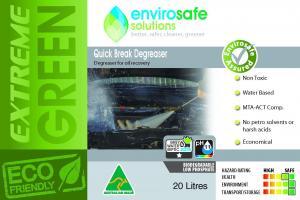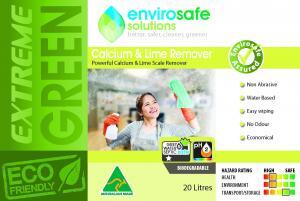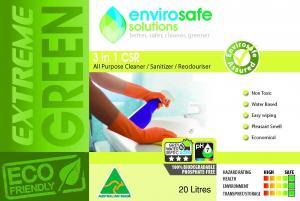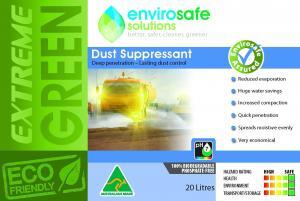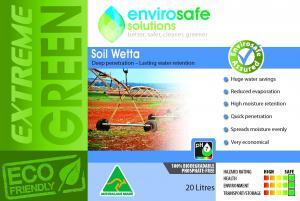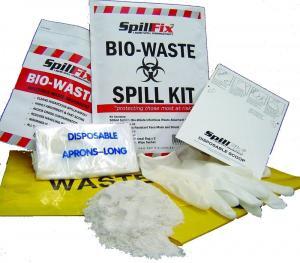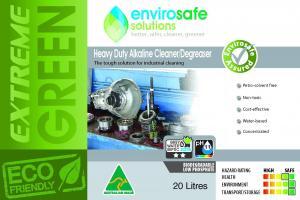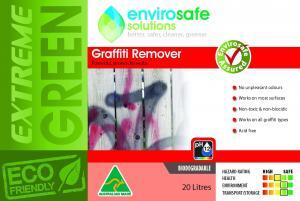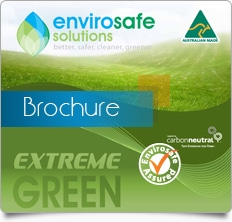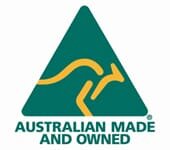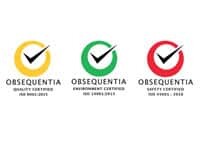Deep sea mining in the Pacific is on the increase, with the number of firms seeking licenses growing very rapidly. New licenses have recently been granted for various areas surrounding Fiji, Tonga, Papua New Guinea and Solomon Islands.
Up until a few years ago, this type of deep sea mining for precious metals was deemed too costly, but with rapid advances and innovations in technology, new exploration processes and techniques have been developed, making this form of mining both profitable and feasible.
According to Steve Smith of Greenpeace, “seabed mining is an emerging threat to the world’s oceans, and Greenpeace is now working regionally here in the Pacific as that is where it is emerging right now. We are also working in the United Nations framework to ensure that the world’s oceans are protected for the benefit of the world’s people.”[1]
As the rise in license approvals increases, so too does the call for a more informed approach to underwater explorations. Various Pacific rights groups have also called for a moratorium on the granting of all future deep-sea mining licenses in the Pacific, and hope to generate debate on the subject. Media coverage of the subject continues and June 2011 will see the hosting of a Pacific regional meeting in Fiji which aims to map out the future of ocean mineral mining in the entire region. The world’s first commercial lease for deep-sea mining was granted in January to the Canadian based Nautilus Minerals firm, and will focus on the extraction of gold and copper from the sea bed, about 50 km off the Papua New Guinea Coast.[2]
However, the International Union for the Conservation of Nature has also weighed in on the debate and has stated that seabed mining may in fact be far less environmentally damaging than many forms of land-based mining. It adds also, that more work needs to be done to fully understand its full impact. Dr. Jan Steffen, Marine Coordinator for the IUCN’s Oceania Division says the framework legislation to regulate deep-sea mining needs to be much the same as that for land-based mining. “Land-based mining has decades of experience and I think we would want to see the same rigour applied on the seabed, plus of course, the additional factors that come up when it comes to connectivity and the sea and the fact that many of the sea vent communities (where mining may occur) are unique, and so one would want to minimise impact.”[3]
A responsible approach to development and mining of the sea bed is likely to be the way forward and the reality. While many industry groups tout the primacy of the need for exploration and mining, and many environmental groups tout the need for a complete cessation on all developments, perhaps the real issue is for the development of ongoing responsible and sustainable exploration and approaches that support both industry and green groups. The two do not need to be mutually exclusive!
Envirosafe Solutions supports a responsible consideration of all the facts involved when it comes to development, resources and industry.
For more information on the Envirosafe Solutions distinct Eco-friendly product range call 1300 88 90 70
[1] Greenpeace http://www.greenpeace.org/australia/en
[2] http://abcasiapacificnews.com/stories/201106/3233315.htm?site=sydney
[3] ibid.










